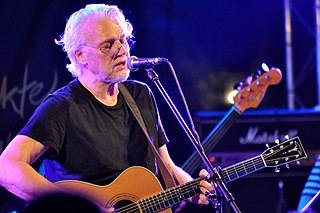A Quote by D. H. Lawrence
If a novel reveals true and vivid relationships, it is a moral work, no matter what the relationships consist in. If the novelisthonours the relationship in itself, it will be a great novel.
Quote Topics
Related Quotes
The more readings a novel has, even contradictory, the better. In journalism, you talk about what you know; you have provided yourself with records, you have gathered information, you have performed interviews. In a novel, you talk about what you don't know, because the novel comes from the unconscious. They are very different relationships with words and with the world. In journalism, you talk about trees; in the novel, you try to talk about the forest.
Literature and art are one of a number of relationships I have with the world. Like you have relationships with your friends and a relationship with your lover and your relationship with your family and your relationship with your work - sometimes it's really great; sometimes it's non-existent, sometimes it's fruitful.
I work in the margins. The margins are where you'll find the nice people. You'll find real friends. You'll find honesty. You'll find integrity. You'll find relationships that will last you for a lifetime and will be there to support you in the bad times, which are the only relationships that matter anyway. Relationships that are all about power and money aren't worth having.
The novel as a form is usually seen to be moral if its readers consider freedom, individuality, democracy, privacy, social connection, tolerance and hope to be morally good, but it is not considered moral if the highest values of a society are adherence to rules and traditional mores, the maintenance of hierarchical relationships, and absolute ideas of right and wrong. Any society based on the latter will find novels inherently immoral and subversive.
It's very bad to write a novel by act of will. I can do a book of nonfiction work that way - just sign the contract and do the book because, provided the topic has some meaning for me, I know I can do it. But a novel is different. A novel is more like falling in love. You don't say, 'I'm going to fall in love next Tuesday, I'm going to begin my novel.' The novel has to come to you. It has to feel just like love.





































